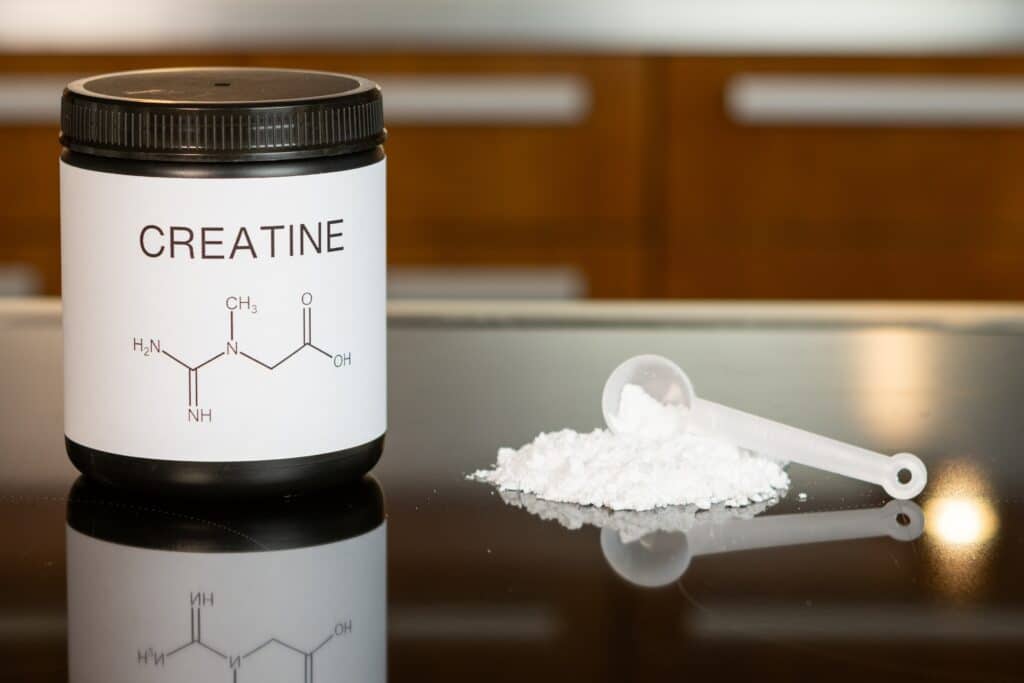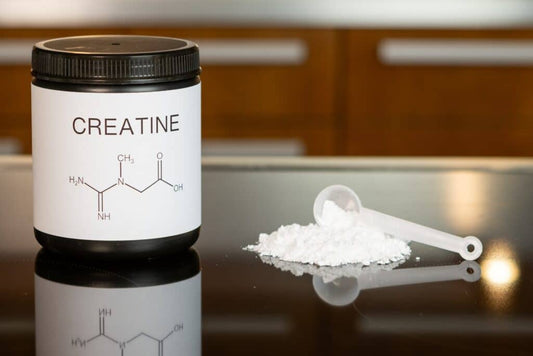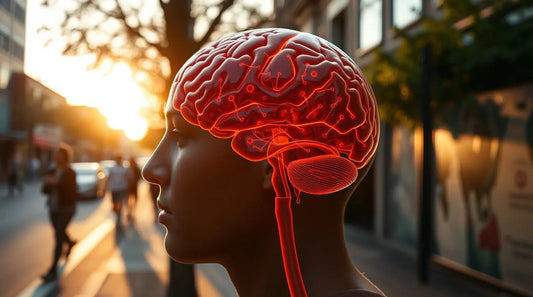The Fatigue Fighter: How Creatine May Power Up Long COVID Recovery

Long COVID can upend lives with symptoms like debilitating fatigue, brain fog, and cognitive struggles—often exacerbated by post‑exertional malaise (PEM) Health+15MDEdge+15unmc.edu+15Wikipedia+1. As sufferers seek relief, creatine—long known for sports performance—is emerging as a promising Long Covid supplement, potentially offering tangible support for energy, focus, and recovery.
Let’s explore the evidence, understand how creatine may help, and assess best practices for those considering it as a post Covid supplement.
Scientific Evidence: What Studies Show
1. Six-Month Creatine Trial Improves Fatigue & Cognitive Symptoms
In a randomized, placebo-controlled study, individuals with post‑COVID-19 fatigue syndrome supplemented with creatine for six months. They reported:
-
A significant reduction in general fatigue after 3 months (p = .04)
-
Improved symptoms at six months: body aches, headache, breathing difficulties, ageusia, and concentration problems Taylor & Francis Online+3PMC+3MDEdge+3
This suggests creatine bolsters bioenergetics and neuroprotection, easing core Long COVID symptoms.
2. Clinical Confirmation of Fatigue Relief
A secondary report summarized this trial’s findings: dietary creatine led to substantial reductions in fatigue, plus improved cognition and physical symptoms by six months—compared to placebo Health+15unmc.edu+15MDEdge+15.
3. Emerging 2025 Data on Muscle Strength and Fatigue
A 2025 abstract indicates creatine may also help improve peripheral muscle strength and reduce fatigue in Long COVID—though full data are pending atsjournals.org.
4. Creatine-Glucose Combo May Boost Brain Creatine Levels
A 2024 study found that combining creatine with glucose over eight weeks helped replenish brain creatine stores and alleviate Long COVID symptoms—highlighting potential neurological benefits Wikipedia+8PubMed+8annamarsh.co.uk+8.
5. Confirmed Creatine Deficits in Long-COVID Patients
Research from 2025 confirmed that individuals with post‑COVID fatigue had significantly lower creatine levels in muscle and brain MDEdge+8Taylor & Francis Online+8Wikipedia+8—indicating a physiological need creatine supplementation may help address.
6. Regional Brain Creatine Increases After Supplementation
MRI spectroscopy study (2024) observed creatine increases in certain brain regions (white matter) after supplementation, with reported improvements in fatigue and concentration—though full cognitive correlations were not established MDPI.
Why Creatine Makes Sense as a Long COVID Supplement
-
Supplementing a Deficit: Patients with post‑COVID fatigue show lower creatine reserves in both muscles and brain Taylor & Francis OnlineMDPI.
-
Energy Replenishment: Creatine fuels ATP production—critical for muscles and cognition, especially when energy systems are struggling MDEdge+12Wikipedia+12Daily Telegraph+12.
-
Safety Profile: Creatine monohydrate is generally safe, with mild side effects (water retention, GI discomfort). Long-term use has not shown kidney damage in healthy individuals WikipediaSELF.
-
Accessibility: It’s inexpensive, widely available, and often suggested to those with low dietary intake like vegetarians or older adults SELF.
Practical Guidance: Use, Dosing & Considerations
Suggested Dosing:
-
Maintenance dose: 3–5 grams/day of creatine monohydrate
-
Loading (optional): ~0.3 g/kg/day for 5–7 days, followed by maintenance Daily Telegraph+4Wikipedia+4SELF+4
Duration:
Evidence indicates benefits emerge over 3–6 months of consistent use PMCunmc.edu.
What It May Help:
-
Fatigue reduction
-
Better concentration ("brain fog")
-
Improved breathing effort and muscle ease
-
Enhanced general cognitive and physical well-being
Safety Considerations:
-
Mild water retention possible
-
Generally safe for healthy adults; consult a doctor if you have liver, kidney, or psychiatric conditions unmc.edu+1GlamourSELF
-
Choose high-quality, independently tested supplements to avoid contaminants Wikipedia+1
Integrating Creatine into Your Long COVID Toolkit
Creatine should complement—not replace—comprehensive care:
-
Pacing strategies to manage PEM (post-exertional malaise) MDEdge+3annamarsh.co.uk+3Health+3Wikipedia+3Wikipedia+3Wikipedia+3
-
Holistic symptom tracking and rest
-
Coordination with healthcare providers and support communities
Summary Table
| Area | Key Insight |
|---|---|
| Scientific Evidence | Clinical trial: 3–6 months of creatine reduced fatigue and cognitive symptoms in Long COVID |
| Supplement Rationale | Addresses observed creatine deficits; supports energy production across body and brain |
| Recommended Use | Creatine monohydrate, 3–5 g/day, for 3–6 months with monitoring and medical consults |
| Safety & Access | Well-tolerated, low-cost, widely available; minor risks, particularly safe for general population |
| Holistic Integration | Use alongside pacing, symptom management, and clinical support to support overall Long COVID recovery |
If you’re navigating Long COVID symptoms like fatigue and brain fog, creatine offers a promising and scientifically grounded supplement. The evidence supports its role in improving energy, cognition, and quality of life in many individuals—and importantly, it's safe, accessible, and empowering. And excellent addition to Olivium.



